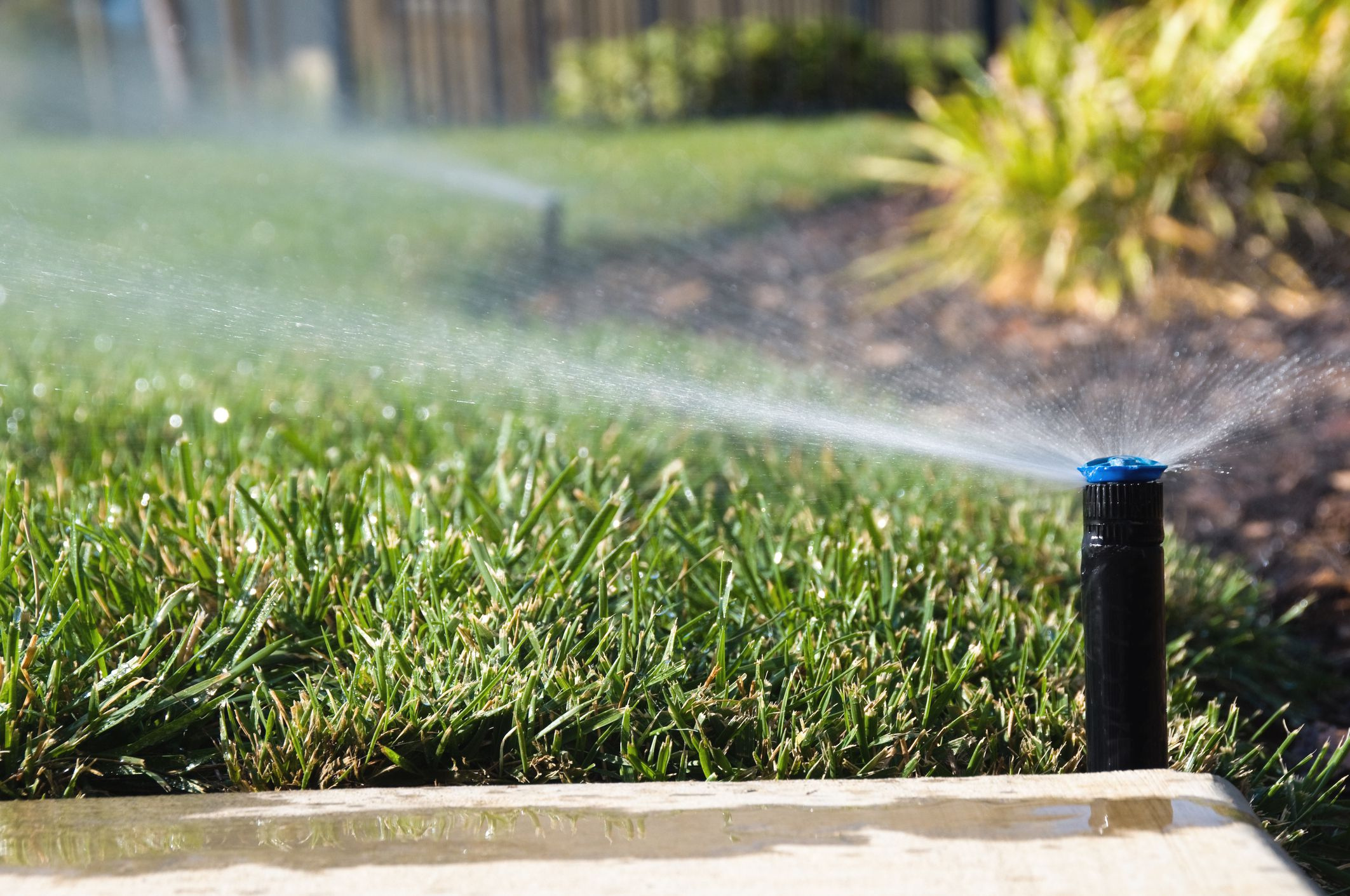As the vibrant hues of fall blanket the Lower Mainland, Vancouver Island, and the Okanagan in British Columbia, it’s a reminder that winter is just around the corner. This seasonal transition is not only a cue for changing wardrobes and preparing homes for colder weather but also a critical time for homeowners to prepare their irrigation systems for the winter months. The unique climates of these regions, ranging from the mild, wet conditions of the coast to the colder, sometimes harsher inland areas, require specific considerations to protect your irrigation system from damage. Here’s what you need to know to ensure your system is winter-ready.
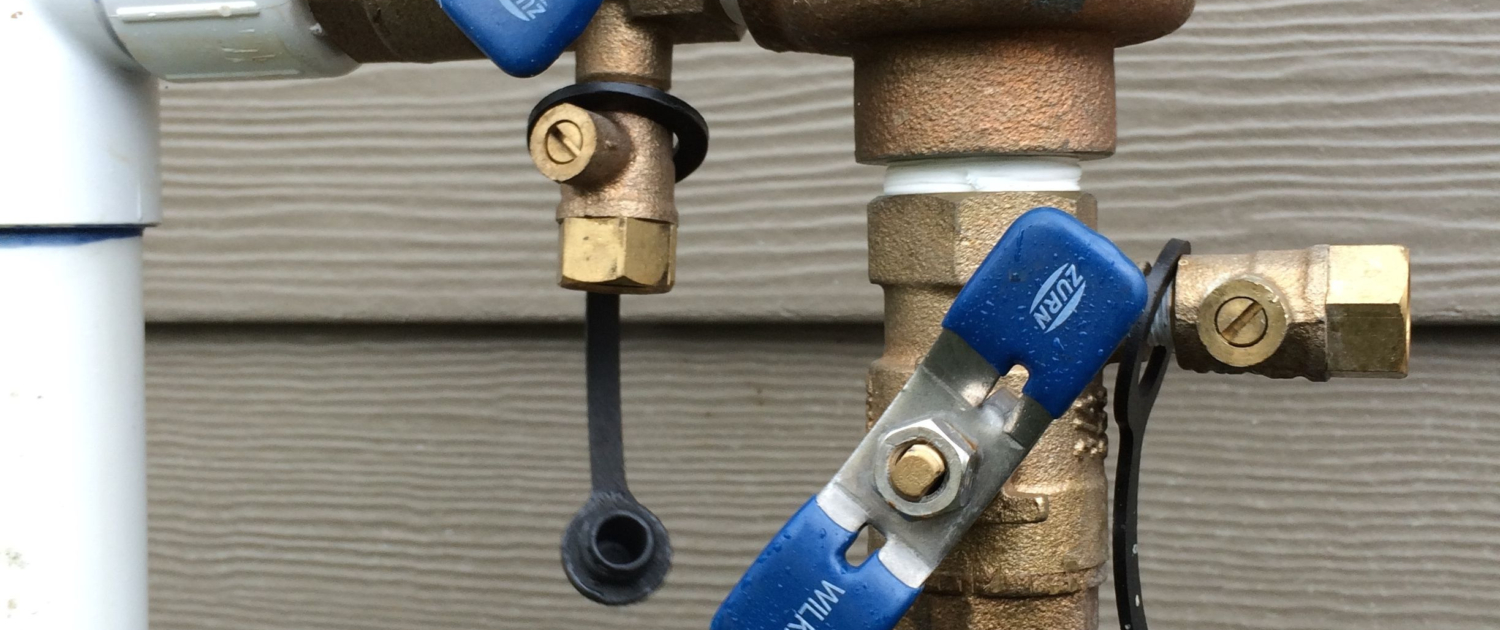
Drain and Schedule a System Shutdown
Drain and Schedule a System Shutdown
Water remaining in pipes can turn to ice, causing the pipes to expand and potentially burst. The method of draining these systems varies, including manual, automatic, or a mix of both approaches. In colder areas like the Okanagan, fully draining the system is necessary to prevent damage during the severe winter months. Conversely, in the milder climates of the Lower Mainland and Vancouver Island, simply ensuring there’s no stagnant water in the system may be enough. The key is to deactivate your irrigation system ahead of the season’s first significant freeze, which generally falls around:
- Late October to early November in the Okanagan.
- From mid to late November in the Lower Mainland and Vancouver Island, although it’s important to stay alert to the weather forecasts for any unexpected cold snaps.
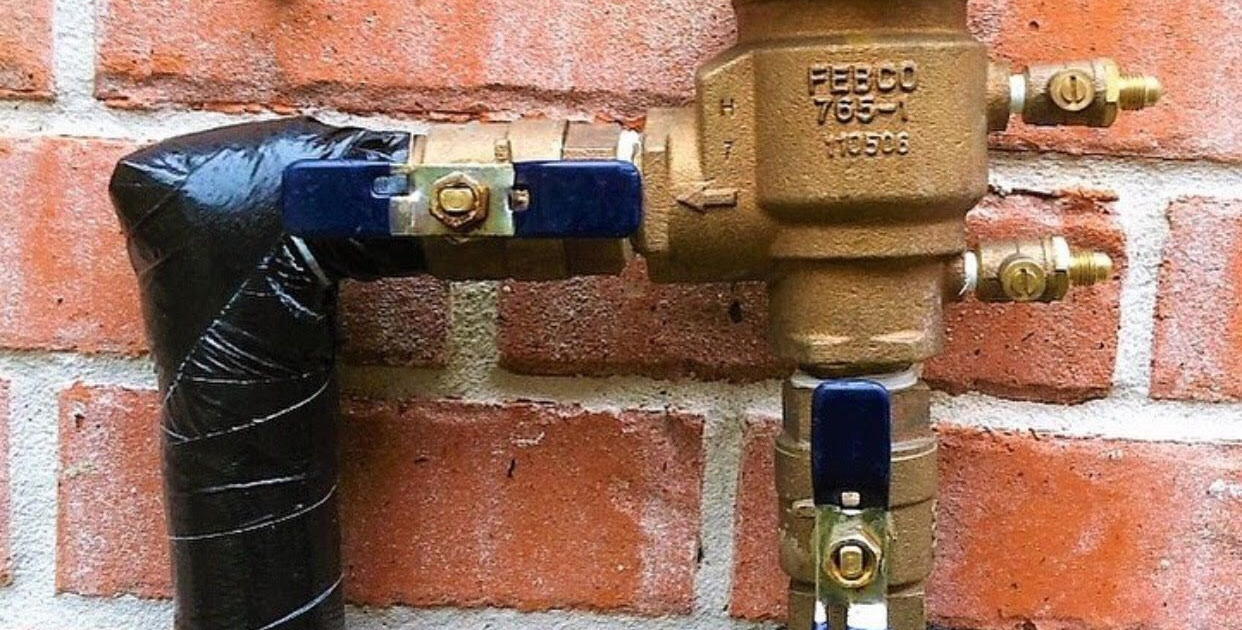
Blow Out the System and Insulate Above-Ground Components
Blow Out the System and Insulate Above-Ground Components
All regions should protect above-ground components such as backflow preventers and valves by insulating them to prevent freezing. Even in the milder coastal climates, exposed parts can be vulnerable during unexpected cold spells. In the Okanagan, and possibly in colder parts of Vancouver Island and the Lower Mainland, a professional blow-out of the system might be necessary. This process uses compressed air to remove any lingering water in the pipes and is best performed by a professional to avoid damage to the system.
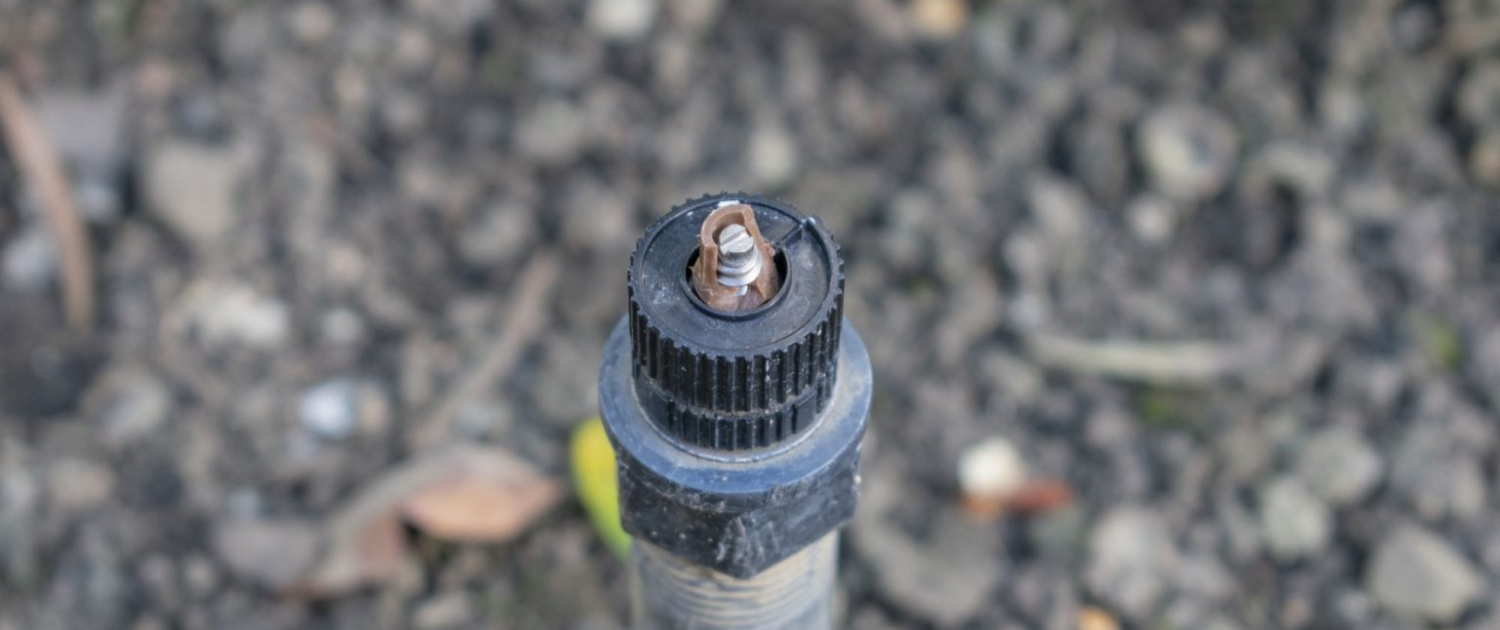
Take Out and Keep Sprinkler Heads Safe
Take Out and Keep Sprinkler Heads Safe
Detach the sprinkler heads and keep them inside during the winter months. The chilly weather can make the plastic parts of the sprinkler heads fragile and prone to cracking. Storing them in a place that is both warm and dry helps maintain their condition for the next season of irrigation, a step of particular significance in areas such as Vancouver, Vancouver Island, and the wider Okanagan region in British Columbia.
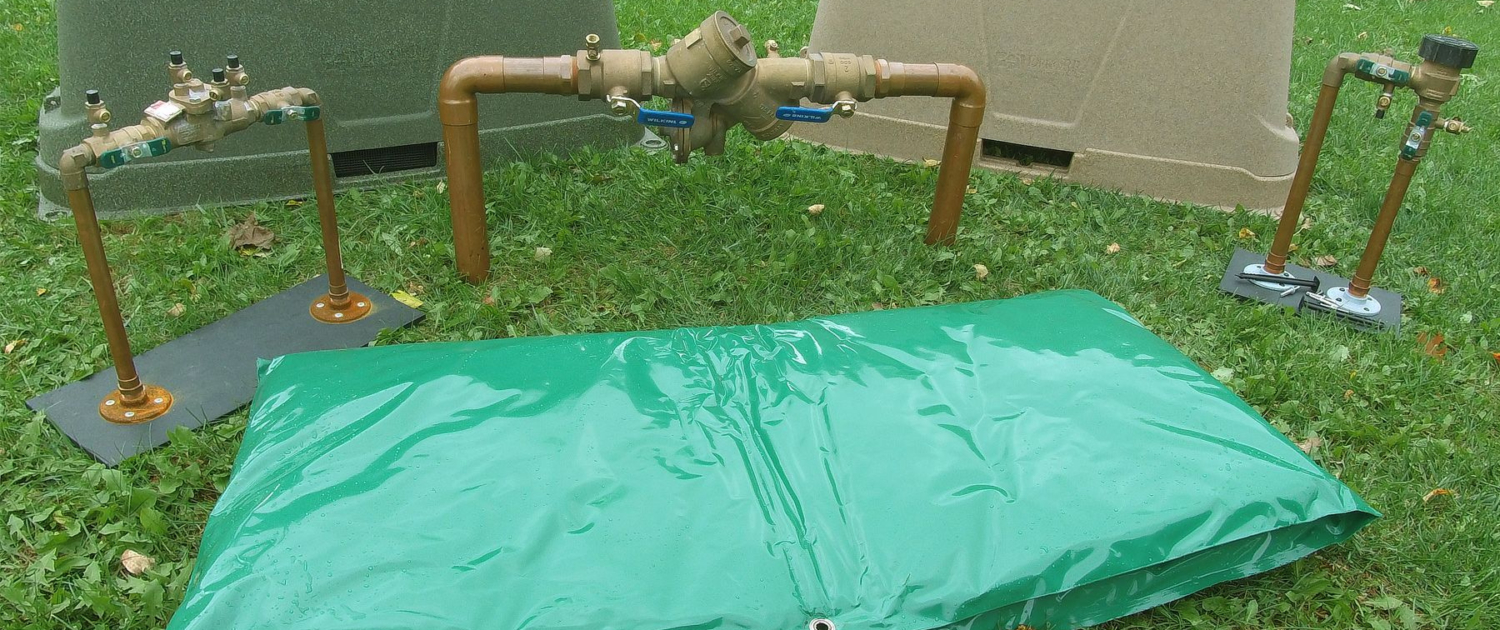
Safeguard the Backflow Prevention Device
Safeguard the Backflow Prevention Device
If your irrigation setup features a backflow preventer, it’s crucial to protect it against the cold. Employ a cover or blanket specific ally made to insulate the backflow preventer, providing a barrier against the severe winter weather and preventing any damage. This measure is especially important in areas like Lower Mainland, Vancouver Island, and the broader Okanagan region in British Columbia.
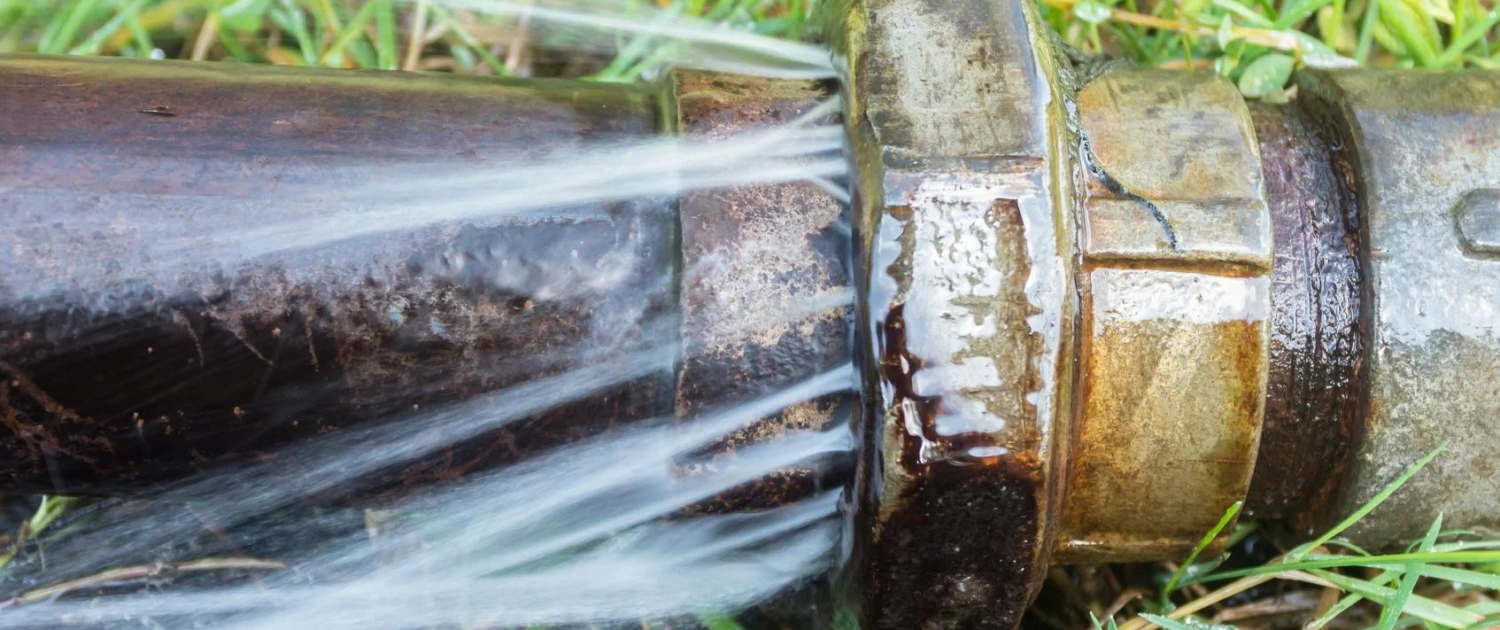
Check and Repair
Check and Repair
Before shutting down the system, inspect for and repair any leaks, broken sprinkler heads, or other damage. Addressing these issues in the fall prevents springtime surprises and ensures your system is ready to go when warmer weather returns.

Consult a Professional
If you’re uncertain about the correct method to winterize your irrigation system for Vancouver Island, the Mainland or the Okanagan – or if you come across any problems during your inspection, it’s advisable to seek guidance from a skilled irrigation technician. Our franchisees possess the expertise and experience to evaluate your system, carry out essential repairs, and ensure it is properly prepared for winter.

